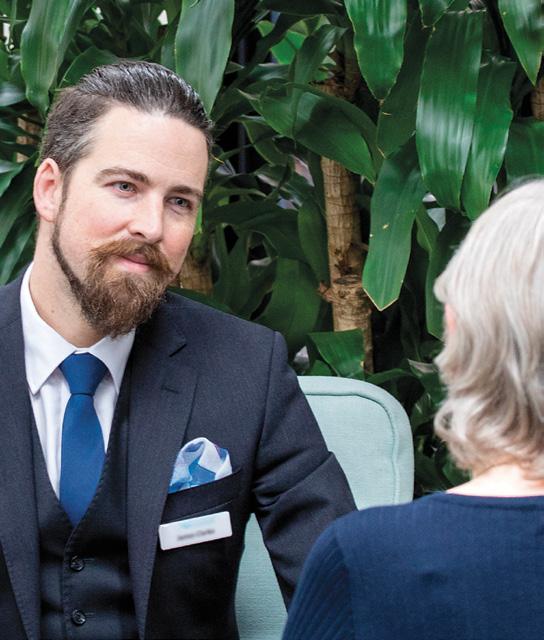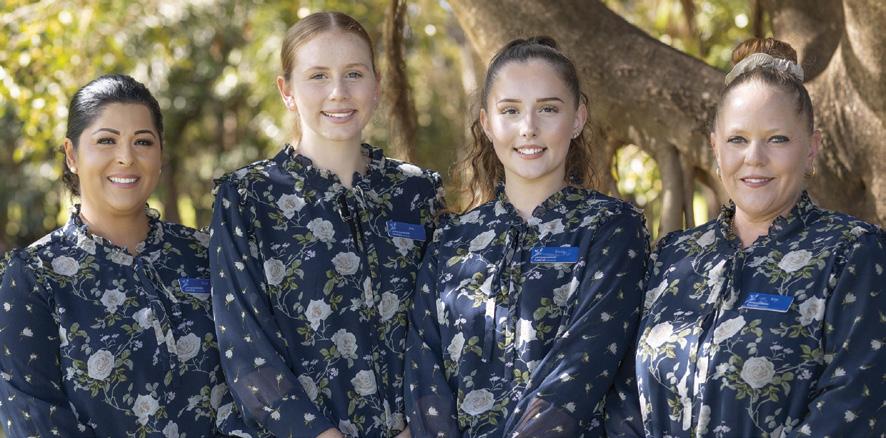
1 minute read
End of life care
Depending on what you require, counselling can help with behaviour management, coping strategies, loss and grief, and any relationship challenges.
Since stressful situations can’t always be avoided, a counselling program can help you deal with different hurdles in a more productive way and help you face the caring role feeling supported and with renewed energy.
Support lines
There are also a number of support lines and websites to assist carers, just like you, in looking after older people.
Some helpful support services include:
Carer Gateway – 1800 422 737 – phone and online resource to help you find local support services, gives advice on a range of topics such as health and wellbeing, financial and legal considerations, and can connect you with other carers
National Dementia Helpline – 1800 100 500 – provides information and advice about dementia, connect you to support services in your area as well as provide emotional support to help manage the impact of dementia
Carers Australia – 02 6122 9900 – runs support programs including short term counselling for carers with qualified counsellors
Relationships Australia – 1300 364 277 – offers a range of services like counselling and mediation by phone, online, and face-to-face
Lifeline – 13 11 14 – offers 24/7 crisis support and phone counselling
To find out more about financial support for carers, contact Services Australia online or call 13 27 17.
End of life care
Whether you live in your own home or in a residential aged care home, when the end of life approaches you may require additional support.
The primary goal of palliative care is to provide supportive care and improve the patient’s quality of life by addressing any painful or distressing symptoms.
Palliative care is divided into three subgroups:
1. Primary care – For people who only require services from their primary health care professional(s).
2. Intermediate care – Advice is provided by specialist palliative care services but care is still given by health care professional(s).
3. Complex care – This group requires care from specialist practitioners. Patients are commonly referred to specialist palliative care services where they will receive the required care.
There are a number of different services that can offer extra support both at home or in a nursing home setting.





